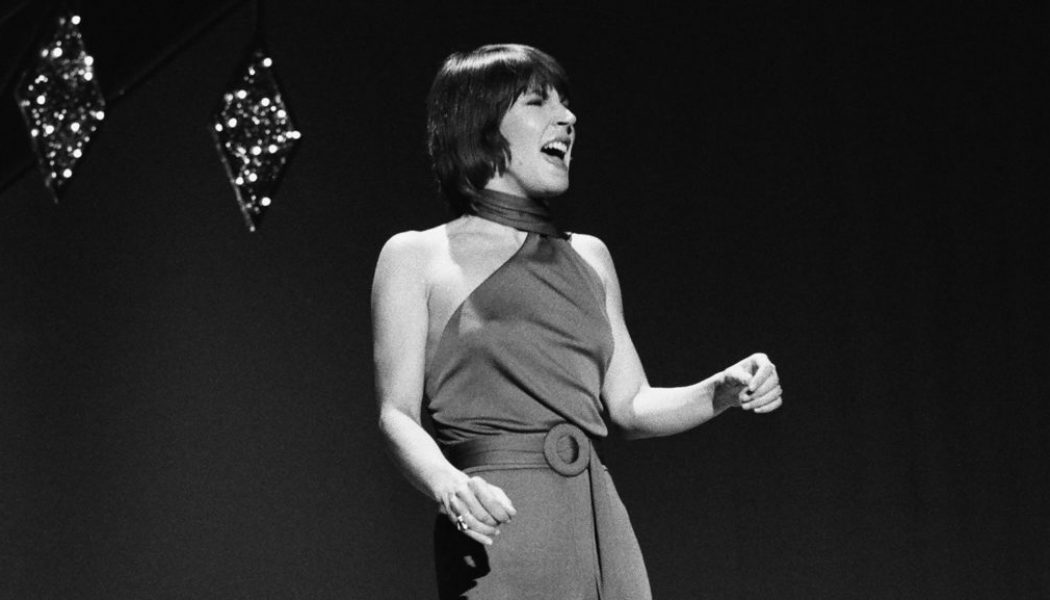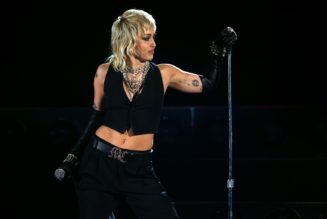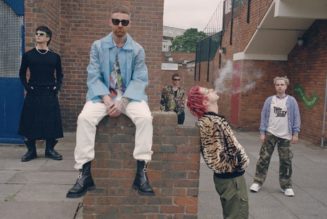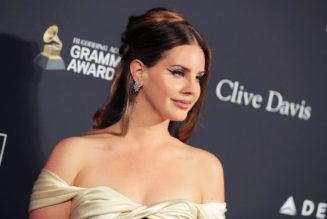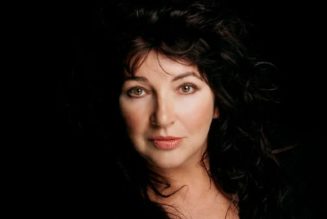
Forever No. 1 is a Billboard series that pays special tribute to the recently deceased artists who achieved the highest honor our charts have to offer — a Billboard Hot 100 No. 1 single — by taking an extended look back at the chart-topping songs that made them part of this exclusive club. Here, we honor the late Helen Reddy by diving into the second of her three Hot 100-toppers, the rousing character study “Delta Dawn.”
In September 1973, nine months and one week after “I Am Woman” became Helen Reddy’s first No. 1 hit on the Billboard Hot 100, “Delta Dawn” became her second. That was the shortest gap between No. 1 hits by a female solo artist in more than a decade — since Connie Francis and Brenda Lee each had multiple No. 1 hits less than three months apart in 1960.
It’s not like there was little competition at the time: “Delta Dawn” knocked off Marvin Gaye’s smoldering smash “Let’s Get It On,” though not for long. After the one-week interruption, Gaye returned to the top spot the following week.
Alex Harvey and Larry Collins co-wrote “Delta Dawn,” a character study of a delusional woman who never got over a man who jilted her. One vivid line in the song says it all about her sad case: “She’s 41 and her daddy still calls her baby.”
Reddy’s was one of three notable versions of the song in 1972-73, along with recordings by Tanya Tucker and Bette Midler. All three are unique in their own way. Tucker sings the song as a country ballad. Midler emphasized the woman’s torment in her highly dramatic version, which is almost like an arty performance piece. Reddy downplayed that aspect and put the emphasis on the song’s dynamic rhythm. She also shaved two minutes and 10 seconds off Midler’s album version. Reddy’s single ran a brisk 3:08 – perfect for pop radio at the time.
[embedded content]
Many people who heard Reddy’s version on hit radio stations every hour on the hour in the summer of ’73 probably never guessed the lyrics were so dark. A backing choir gave the recording a gospel-ish quality. The band sounded like she was singing in a honkytonk. An upward modulation meant that Reddy sang with more gusto and volume as the record progressed.
Tucker released the song in April 1972, when she was all of 13. Her version, produced by the legendary Billy Sherrill, reached No. 6 on Hot Country Songs. It also made No. 72 on the Hot 100 in August 1972. It received Grammy nominations for best country vocal performance, female and best country song. In addition, the song’s success helped Tucker win the 1972 Academy of Country Music Award for most promising female vocalist.
[embedded content]
It’s hard to know why Tucker’s excellent version didn’t become a bigger pop hit. Pop radio was receptive to country hits in the early ‘70s. Such country hits as Lynn Anderson’s “Rose Garden,” Sammi Smith’s “Help Me Make It Through the Night” and Jerry Reed’s back-to-back hits “Amos Moses” and “When You’re Hot, You’re Hot” all made the top 10 on the Hot 100. The fact that Tucker was so young and singing about adult subjects may have made some pop radio programmers uncomfortable.
Midler included the song on her 1972 debut album The Divine Miss M. According to lore, Midler’s version was intended to be the second single from her album, following her sultry version of Bobby Freeman’s “Do You Want to Dance?” But when Reddy’s version was released as a single in June 1973, Midler’s camp flipped the planned single over and instead pushed the B side, Midler’s spunky version of the Andrews Sisters’ 1940s classic “Boogie Woogie Bugle Boy.”
There could be some truth in this. Reddy had won a highly public cover battle in 1971 when her version of “I Don’t Know How to Love Him” beat out Yvonne Elliman’s original version of the song from Jesus Christ Superstar on the Billboard charts. (Reddy’s version reached No. 13 on the Hot 100. Elliman’s version peaked at No. 28.) It’s possible that other artists and/or their record companies might have wanted to avoid a cover battle with her.
Reddy was a hot property at the time. Both “I Am Woman” and its follow-up, a lovely version of Kenny Rankin’s “Peaceful,” had been big hits. (“Peaceful” reached No. 12.) If Midler and/or her record company, Atlantic Records, did indeed change course because they didn’t want to compete with Reddy, it worked out for the best for all concerned. “Boogie Woogie Bugle Boy” made the top 10 on the Hot 100 in July 1973, and received a Grammy nomination for best pop vocal performance, female.
Reddy’s recording of “Delta Dawn” wasn’t even nominated for a Grammy. After winning best pop vocal performance, female for “I Am Woman,” Reddy wasn’t nominated again for three years. She got back in Grammys’ good graces with her warm 1975 ballad hit “Ain’t No Way to Treat a Lady,” which was her final top 10 hit on the Hot 100.
Other artists who have recorded “Delta Dawn” include Waylon Jennings, Loretta Lynn, The Statler Brothers and country harmonica player Charlie McCoy. TV viewers may remember Courtney Cox singing the song in character as Monica Geller at a piano bar on an episode of Friends.
[embedded content]
Tom Catalano produced Reddy’s Long Hard Climb album, which included “Delta Dawn.” He produced three consecutive Reddy albums — I Am Woman, Long Hard Climb and Love Song for Jeffrey. Catalano also had successful partnerships with Neil Diamond and Anne Murray. Harvey, the co-writer of “Delta Dawn,” died on April 4, 2020 at age 79. Collins is still living at 75, as is Catalano, at 87. (Collins turns 76 on Oct. 4.)
Reddy did very well on Billboard’s year-end charts for 1973. “Delta Dawn” was No. 14 on the year-end Top Pop Singles chart. It was No. 1 on the year-end Top Easy Listening Singles. Reddy was No. 5 on the year-end Top Singles Artists list (behind Gladys Knight & the Pips, Elton John, Stevie Wonder and Paul McCartney & Wings). She was also No. 2 on the Top Singles Easy Listening Artists list, behind Gilbert O’Sullivan. In addition, Reddy received a Trendsetter Award from Billboard “for the versality of her art and her ability to communicate in various media.”
Helen Reddy in 1973 was an artist at the very pinnacle of her success. Everything she had worked for and dreamed of came her way. Reddy, her husband/manager Jeff Wald and Capitol Records took out a two-page ad in that same issue, thanking the industry for her success. The last line of the ad read: “With your help, 1973 has been a very happy year.”
